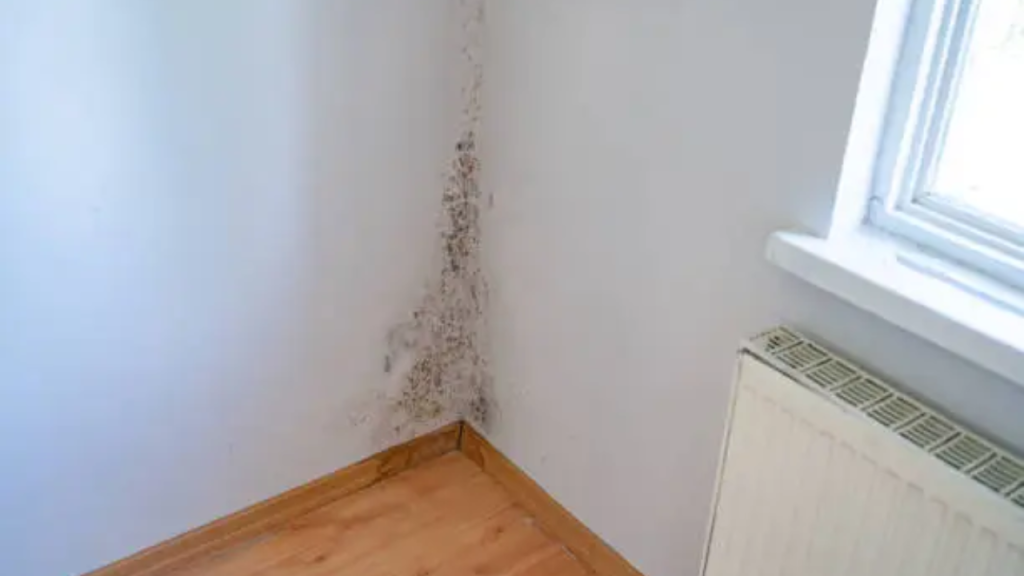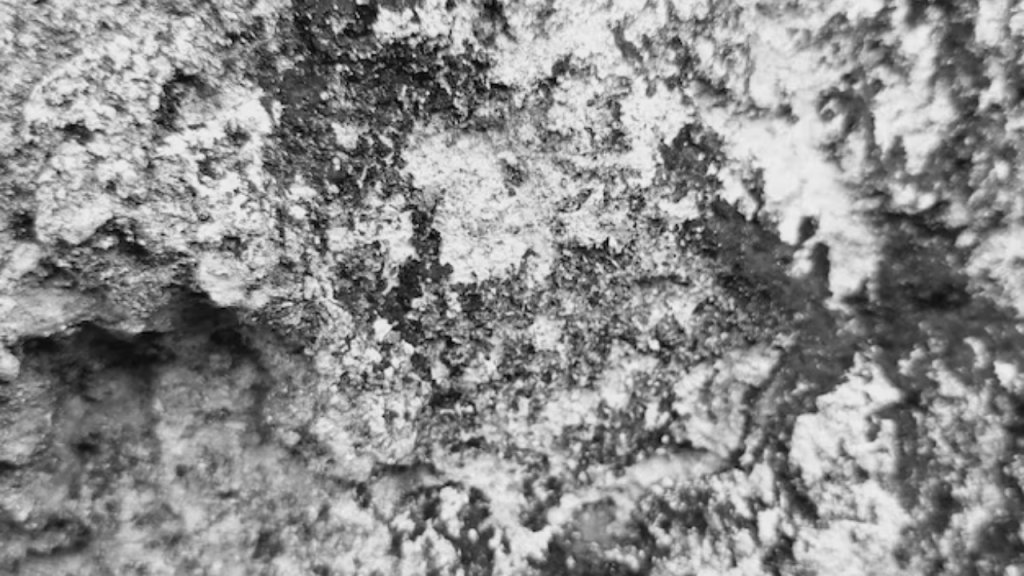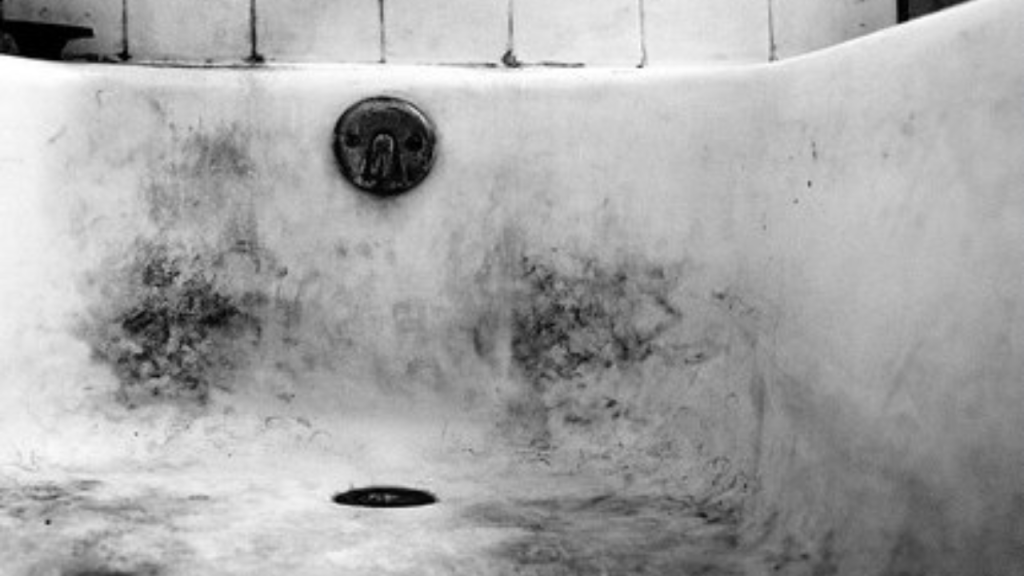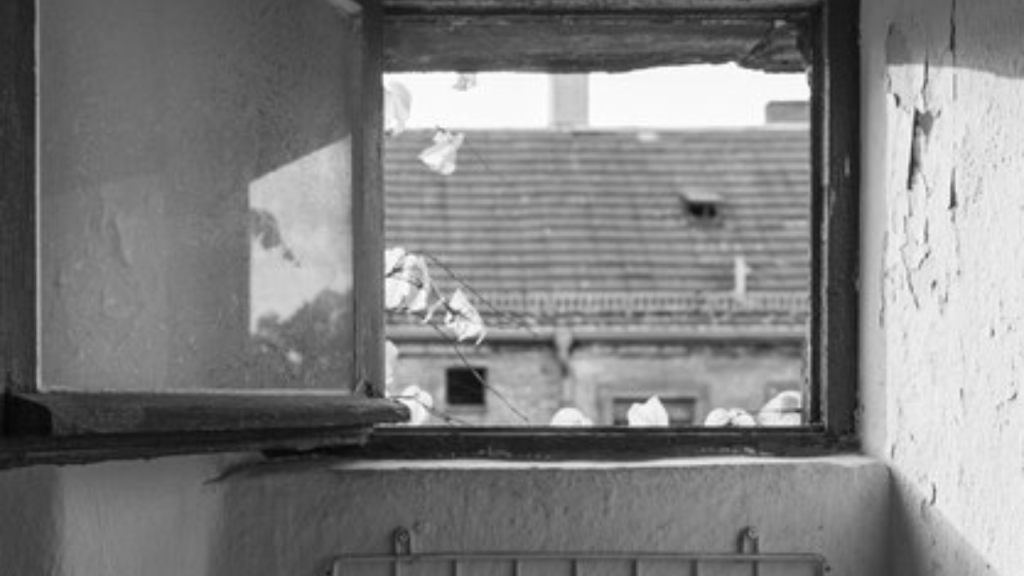
Few things are more worrying when it comes to maintaining a safe, clean, and comfortable home. One of them is finding mold. It can sneak into your space unnoticed, thriving in damp areas like bathrooms, basements, and kitchens. If left untreated, it can cause serious damage to your property and even lead to health problems.
Many people look for quick, DIY solutions to deal with this. One such solution is vinegar. It is often recommended as a natural mold-fighting agent for its versatility in the kitchen. But does it work on black mold, or is it just a temporary fix?
Let’s move ahead and discuss whether this solution is effective at managing black mold and when it might be time to call the professionals. If you’re in New Jersey and dealing with a serious mildew issue, Above & Beyond Mold Inspection & Removal is here to help.
So, let’s dive in and see if vinegar is the solution you’re looking for or if it’s time to bring in the pros.
Does Vinegar Kill Mold?
Yes, it does! Vinegar is a popular natural cleaner. Its acid content, usually around 5%, gives it antifungal and antibacterial properties and allows it to be used as a mold and mildew solution.
When used correctly, it can kill most types of mold, especially on non-porous surfaces such as tiles, glass, or sealed wood. However, you should consider the fact that this solution works wonders but only at early stages and for a short run. It removes the mold only to the extent it is visible.
The chances that it can regrow after sometime are high and so vinegar is not the permanent solution you can rely on. For that, you need to hire a mold remediation company in New Jersey. The experts know how to tackle it using step by step procedure.
How Does Vinegar Work Against Mold?
The acidity of vinegar kills mold. It loves damp places, and vinegar has a high pH, which deters its growth. The vinegar kills it by breaking its cellular structure so it can’t grow and spread. Moreover, it doesn’t kill mold spores right away, nor does it remove them all if it’s grown to a larger extent.
However, that’s where you need to opt for a remediation company. The professionals can consider the situation properly and handle it with appropriate processes or steps as required.
White Vinegar vs. Other Types of Vinegar
Now, here is another question: does white vinegar kill mold? Well, it is the most recommended type to kill the mildew if it’s just starting to grow. It’s cheap and easy to get and more powerful because it’s more acidic. Apple cider vinegar may not be as strong and may have a lingering smell that’s harder to eliminate.
Does Vinegar Kill Black Mold?

Stachybotrys chartarum, or black mold, is one of the worst types because of its possible health risks. In particular, it may cause mycotoxins to be produced, which can lead to respiratory problems, headaches, and other symptoms in individuals with weak immune systems. Due to these health risks, removing it as quickly as possible is important.
Effectiveness of Vinegar on Black Mold
Early black mold can be killed by vinegar. It doesn’t kill the spores; it just kills the ones on the surface and prevents them from spreading. But if the black mold has worked its way into absorbent surfaces like drywall, carpet, or wood, vinegar may not be completely effective.
Scrubbing with vinegar may eliminate the easily seen mold, but you’ll still have spores that may regrow over time. This is the time you need to look for professionals. They know how to handle the removal process and make it painless, quick, and stress-free.
When Vinegar Might Not Be Enough
Vinegar can be effective for mild cases of black mold, but it won’t work for severe infestations. Mold embedded in porous materials may only be temporarily relieved by this solution. In such cases, contacting an expert mold remediation company in New Jersey is a better idea to ensure the problem is completely resolved.
How to Clean Mold with Vinegar: Step-by-Step Guide

If you’re dealing with a small area of mold growth and want to try using vinegar as a temporary solution, here’s a simple step-by-step guide:
Step 1: Gather Necessary Materials
- White vinegar
- Spray bottle
- Cloth or scrub brush
- Gloves (optional, but recommended)
Step 2: Apply Vinegar Directly to the Mold-Affected Area
Use undiluted white vinegar in a spray bottle. Spray it directly onto the moldy surface and make sure it soaks into the area.
Step 3: Let it Sit for 1–2 Hours
Let the solution sit on the mold for 1–2 hours. This allows the acidity the time to break down the mildew spores so they don’t continue to grow.
Step 4: Scrub the Area and Wipe Clean
Gently scrub the affected area with a scrub brush or cloth. Let the vinegar run, and once the mold has been removed, wipe down the surface with a clean cloth to remove any remaining residues.
Step 5: Wash under Water and Dry Thoroughly
If you rinse with water, you may need to wash off any vinegar residue. Dry the area thoroughly to prevent mold from coming back.
Pros and Cons of Using Vinegar
Vinegar, like any removal solution, has pros and cons. Let’s take a closer look.
Pros:
- Non-toxic and eco-friendly: Vinegar is safe to use around children and pets, so it’s a good choice for those looking for a more natural solution.
- Inexpensive and accessible: This is cheap, it’s widely available, you don’t have to go to the store for it.
- Disinfectant properties: Vinegar kills mildew, bacteria, and viruses, so it’s a great all-around cleaner.
Cons:
- Strong smell: The smell of vinegar is strong and can linger for hours, but it will dissipate.
- Not effective on all surfaces: It works on non-porous materials. However, it won’t kill all mold spores on porous surfaces like drywall or carpet.
- May not eliminate all spores: While vinegar won’t get rid of mold on deeper surfaces, it won’t be able to prevent it from coming back if it’s not dealt with appropriately and thus, is not a permanent solution.
Preventing Mold Growth After Removal

Once you have gotten rid of mold in your home, you need to make sure it doesn’t come back. Here are some tips to keep your space mold-free:
- Reduce indoor humidity levels: Use dehumidifiers to keep humidity below 60% in your home, particularly in bathrooms and basements.
- Fix leaks promptly: Plumbing or roof problems, such as leaks, should be fixed immediately so water isn’t allowed to build up and increase the amount of mold.
- Improve ventilation: Pay attention to how you keep your bathrooms, kitchens, and laundry rooms ventilated.
- Regular cleaning and inspections: Regularly check out where mold thrives and don’t let it settle down.
The Bottom Line
To conclude, while vinegar can be a helpful solution for treating small areas of black mold, it’s not a one-size-fits-all fix. If you’re dealing with a larger infestation or mildew that’s hidden behind walls or in other hard-to-reach areas, vinegar likely won’t cut it. It can pose serious health risks, and addressing it properly often requires professional expertise.
If you’re in New Jersey and facing a mold problem that feels beyond your control, it’s a smart move to reach out to a trusted remediation company. Above & Beyond Mold Inspection & Removal offers comprehensive mildew removal services, ensuring your home or business is not only mold-free but also safe for you and your family. Contact us now for the professional help you need.